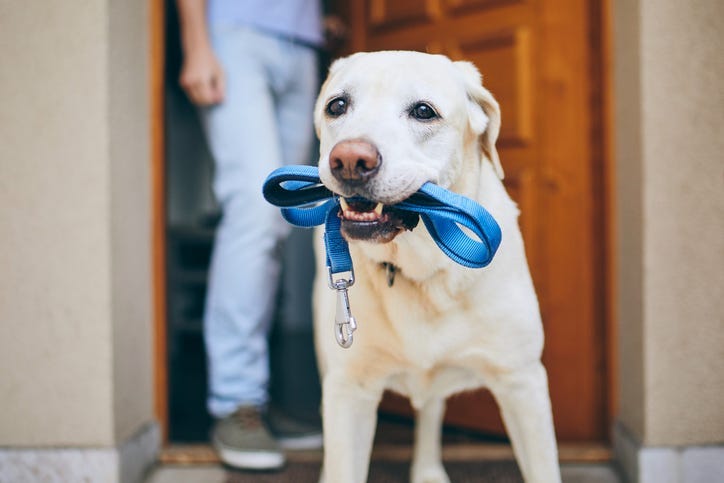Wildfire season is upon us, and the American Red Cross L.A. wants to make sure we're prepared to take our furry friends with us in the event that we have to evacuate our homes.
They're offering the following tips to consider when creating your emergency plan:
- Know which hotels and motels along your evacuation route will accept pets in an emergency. Call ahead for reservations if you know you may need to evacuate. Ask if no pet policies could be waived in an emergency. Most Red Cross shelters cannot accept pets because of health and safety concerns and other considerations. Service animals that assist people with disabilities are allowed in Red Cross shelters.
- Know which friends, relatives, boarding facilities, animal shelters or veterinarians can care for your animals in an emergency. Prepare a list with phone numbers.
- Although your animals may be more comfortable together, be prepared to house them separately, if necessary.
- Include your pets in evacuation drills so that they become used to entering and traveling in their carriers calmly.
- Make sure that your pet’s vaccinations are current and that all dogs and cats are wearing collars with securely fastened, up-to-date identification. Many pet shelters require proof of current vaccinations to reduce the spread of disease. Consider having your pet “microchipped” by your veterinarian.
The Red Cross also encourages "paw-rents" to assemble an emergency kit for their pets, using sturdy containers that can easily be carried in an emergency, including:
- Sturdy leashes, harnesses and/or carriers to transport pets safely and ensure that they can’t escape.
- Food, drinking water, bowls, cat litter/pan and a manual can opener if you pet eats canned food.
- Medications and copies of medical records stored in a waterproof container.
- A first aid kit.
- Current photos of you with your pet(s) in case they get lost. Since many pets look alike, this will help to eliminate mistaken identity and confusion.
- Information on feeding schedules, medical conditions, behavior problems, and the name and number of your veterinarian in case you have to foster or board your pets.
- Pet beds and toys, if easily transportable.
The Red Cross also offers a free Pet First Aid app with veterinary advice for everyday pet emergencies, featuring videos, quizes, and step-by-step advice. Just search for "American Red Cross" in your smart phone app store.

